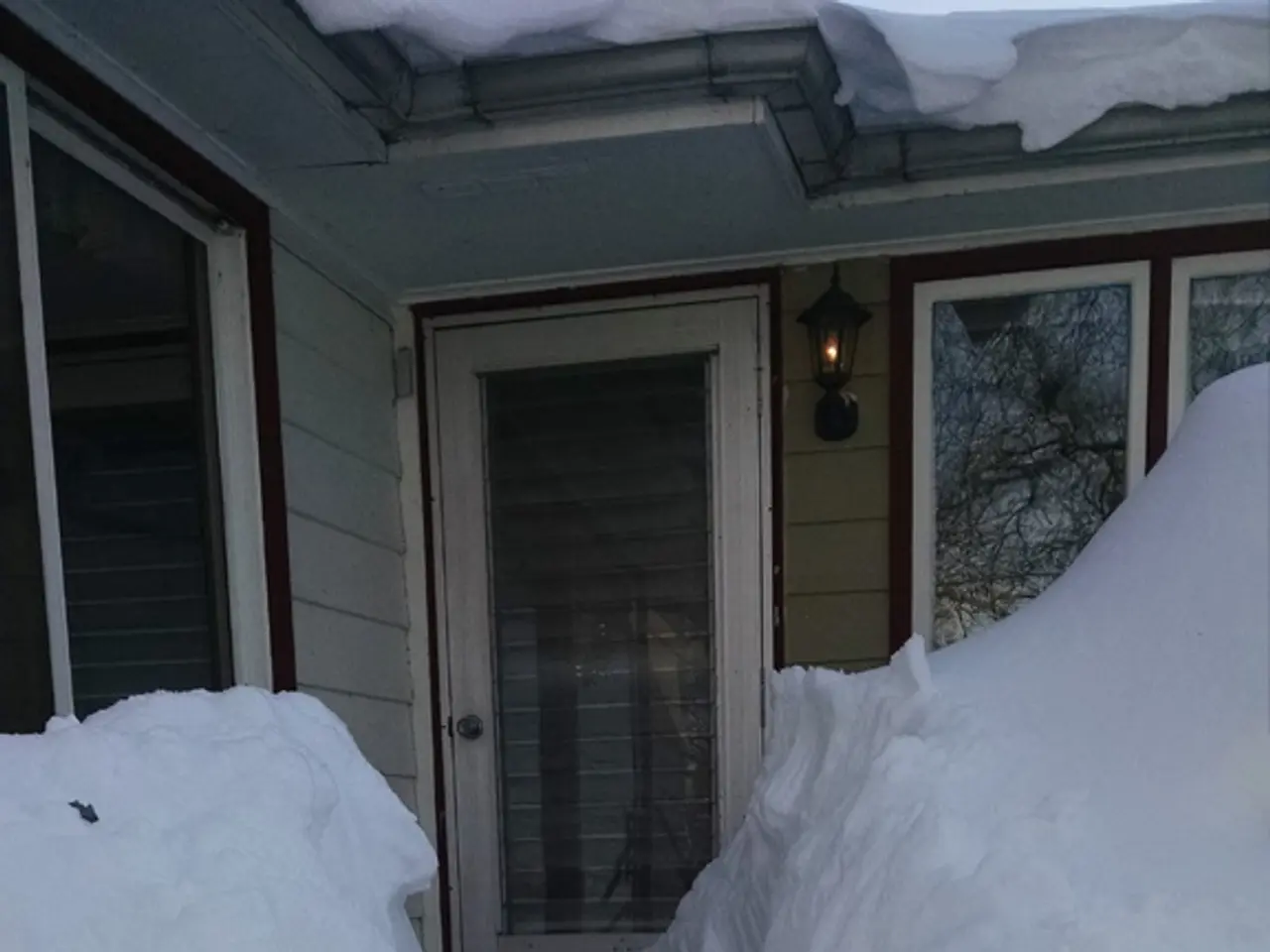Nocturnal House Sounds: What Leads to Nighttime Creaking in Your Home
In the stillness of cold winter nights, the subtle sound of creaking floorboards can send a shiver down the spine, leading many to assume a ghostly presence lurking in their homes. However, these eerie noises are more likely the result of a natural phenomenon known as **thermal contraction**.
## The Science Behind the Creaks
Wood, the primary building material in most homes, naturally expands and contracts with temperature changes. In winter, when temperatures drop, wood shrinks. This shrinkage, combined with the differential expansion of various parts of the house, creates tension and friction at joints, resulting in the creaking sounds we hear.
Other factors contributing to these noises include dry air, nighttime temperature swings, and the settling and aging of houses. As cold air holds less moisture, heating your house in winter further dries out wooden materials, increasing contraction. Rapid temperature drops, common during winter nights, can cause more noticeable creaking and popping sounds. Over time, houses naturally settle, and colder temperatures may exacerbate minor shifting, leading to more creaks.
## The Role of Fear and Misinterpretation
The quieter environment at night, coupled with the temperature drop, makes subtle house sounds more noticeable. This heightened awareness can lead one to perceive paranormal activities such as seeing a ghost. Listening to one's fears can lead to misinterpretation of events at night.
## Separating Fact from Fiction
The natural stress response is a factor in the perception of paranormal activities at night. However, it's essential to approach strange noises at night with scientific reasoning rather than relying on paranormal theories. The creaking sounds heard at night are a natural phenomenon and not necessarily paranormal in nature.
## Reducing the Creaks
While most winter creaking is normal and harmless, there are ways to minimise these sounds. Using humidifiers can help keep indoor humidity at a moderate level, reducing wood shrinkage. Proper maintenance, such as lubricating squeaky joints and tightening fittings, can also help. Newer, well-built homes tend to creak less as materials are more stable and construction techniques are improved.
In summary, winter nights are prime time for house creaks because cold, dry air causes wood and other materials to contract. Understanding this natural process can help alleviate fears of the paranormal and provide peace of mind.
Wood's natural expansion and contraction with temperature changes, as observed in home-and-garden Science, contributes to the creaking sounds heard in a lifestyle setting, especially during winter nights. Fear and misinterpretation may lead individuals to attribute these noises to ghostly presence, but with the help of Science, it's clear that such creaks are more a result of thermal contraction.



